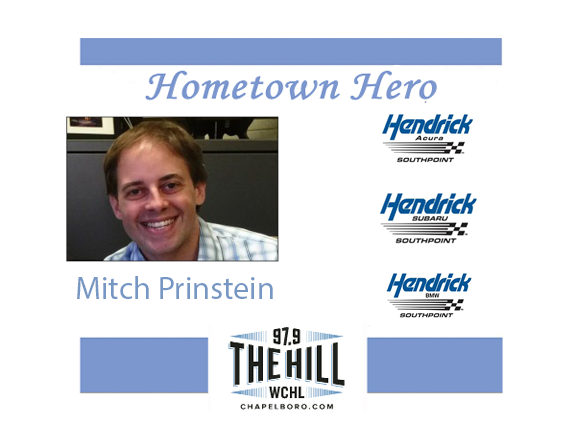Being popular during adolescent years may have a positive or negative long-term impact on your life. Depending on the type of popularity.
What is your definition of popular? Is it the jocks from Revenge of the Nerds?
The picture of popularity put forward in movies is what most of us relate to when we think of the popular kids. UNC Psychology Professor Mitch Prinstein has a different definition.
“There are two different kinds of popularity that are studied in the literature,” he says. “One of those is mostly characterized by how much kids are liked by one another. And that really seems to be the dominant form of popularity just until about middle school.
“At middle school a second form of popularity emerges. It has a lot more to do with who is the most dominant [and] who has the highest status. And that’s the kind of popularity that most of us remember when we think back to our own childhoods.”
Prinstein says many researchers are now devoting their work to studying childhood popularity.
“It’s become a very important aspect of kids’ development,” he says. “It tells us a lot not only about how kids will do as they enter adolescence, but also how it might affect all of our adult lives across work domains, relationship domains and even our health.”
Prinstein adds popular kids are often afforded more resources that allow them to grow.
“Kids that are popular get more opportunities to engage in different activities,” he says. “They get more chances to practice socials skills, learn how to handle complex social situations, and actually get more invitations into resources that truly makes them more capable over time.”
But Prinstein says being likeable is more significant than being labeled as popular for adolescents.
“It seems like likeability is far more important than being that dominant-high-status kid in adolescence. That actually is associated with a number of risks as people get older.” he says. “Those who are really likeable get lots of opportunities and can really thrive. Those who are popular, but not necessarily likeable, actually could be at risk for more health risk behaviors.”
He adds those risks include a higher chance of substance abuse and delinquent behavior during adulthood.
Prinstein says experiences we have as children have a major impact on adulthood.
“Quite literally, how popular you are in adolescence is changing the world we live in,” he says, “and how we understand everything we experience when we’re adults.”
You can learn more about this during “The Psychology of Popularity” a course that Prinstein will teach that is being offered for free through the UNC Friday Center for Continuing Education.
The course begins on June 22. Prinstein says it will consist of about one hour of material per week and participating in surveys.
You can find out more information about registering for the class here.



